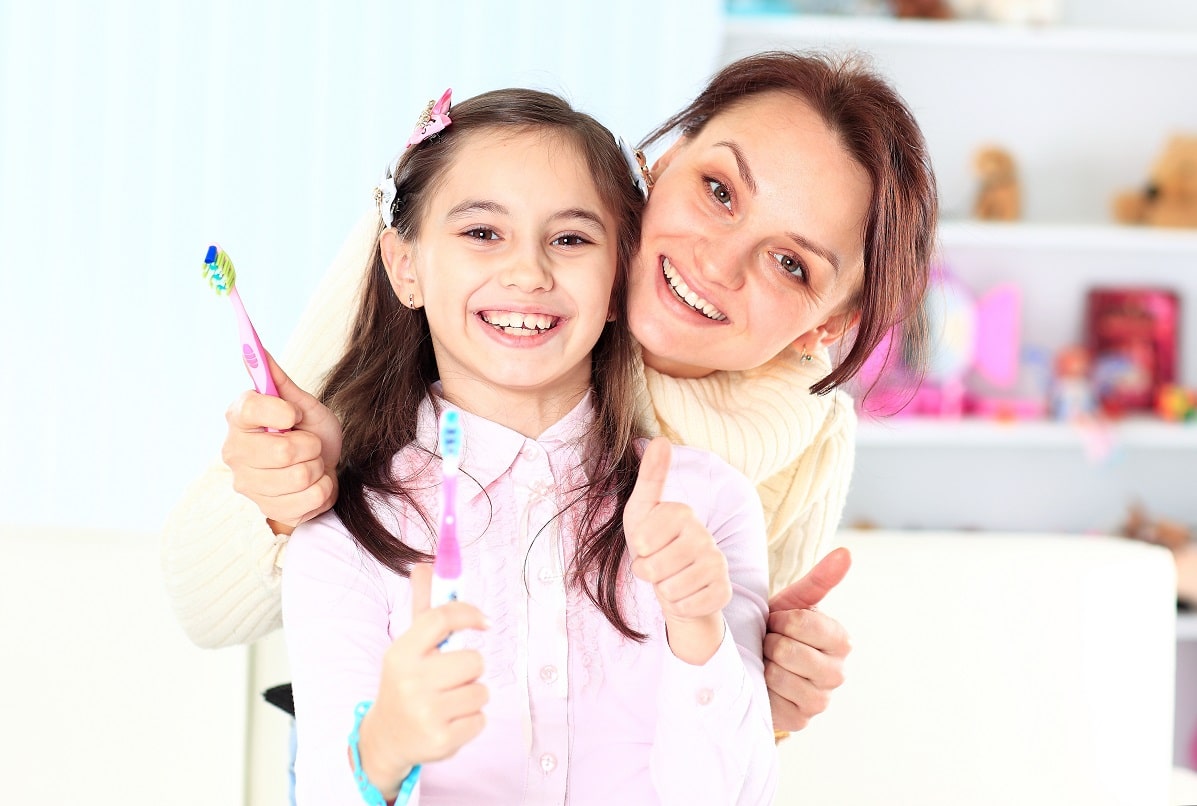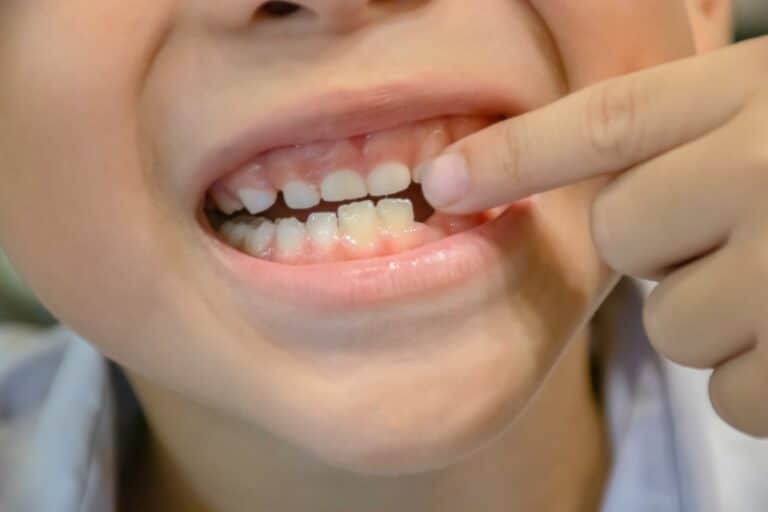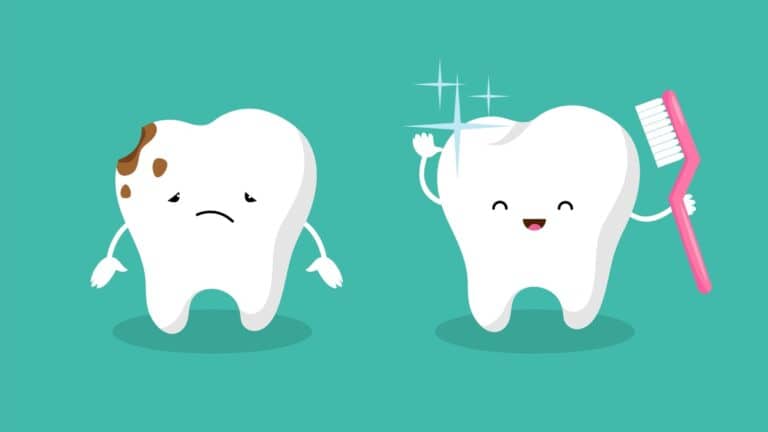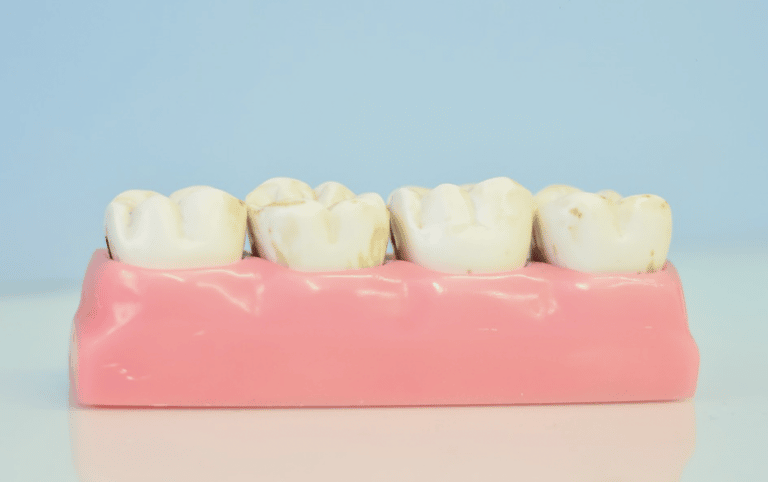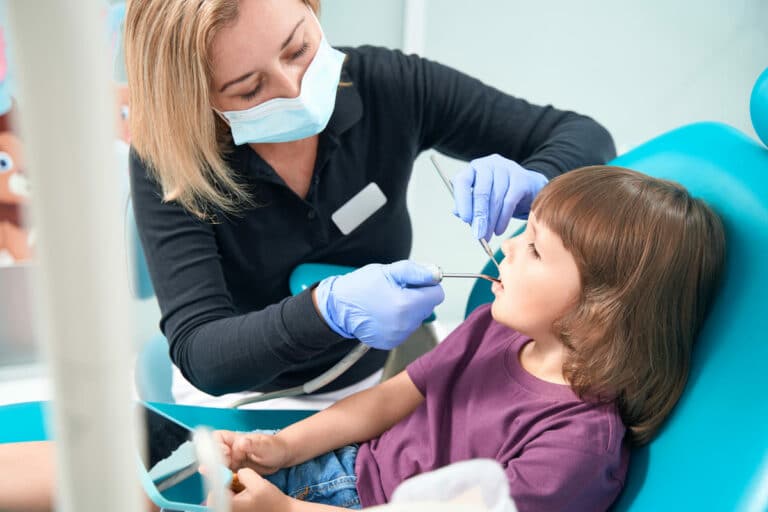As a parent, it’s your responsibility to teach your child how to brush their teeth to ensure their long-term oral health. When they know how to brush their teeth, they’re able to build good dental hygiene habits, which, in turn, can reduce their chances of having decayed teeth and other oral problems.
Typically, brushing your child’s teeth is important as it can to a healthier smile. When cavities develop in their teeth, it can have a long-term effect on their oral health and overall well-being. Hence, it’s important to teach them how to brush their teeth so you can help improve your kid’s oral health.
First of all, it’s important to teach dental hygiene as early as possible. If you don’t start brushing their teeth until they are older, chances are very slim that they will learn how on their own or enjoy dental care with any sort of regularity.
Secondly, you need a good toothbrush and toothpaste for kids! You can’t just use an adult toothbrush on your kids. It has to be small enough for them to hold in their hands, which means it won’t work as well because they probably aren’t getting the right coverage when brushing with that tiny thing!
Next, you need to let dental care become a part of your daily routine. If you brush your teeth in the morning and at night, you should expect that from them too. Also make sure dental hygiene is incorporated into any other parts of their routine like before bed or when they get home from school!
You might need to teach brushing techniques for kids as well. It’s important to learn how to use a toothbrush properly so they don’t have dental problems later! Finally, make dental care a fun experience! There are lots of dental toys for kids that can help with this.
Below are a few ways for teaching your child to brush their teeth:
In This Article
1. Get Hold Of The Right Supplies
The first step toward teaching your child how to brush their teeth is to have the right supplies. Typically, getting hold of the right materials can impact their toothbrushing habits. For your little one, the best toothbrush is something that’s soft and small-headed. It can be a good way of removing bacteria, food debris, and sticky plaque.
Once the toothbrush looks worn or frayed, don’t hesitate to replace it as soon as possible to ensure better toothbrushing for your child. Also, replace their toothbrush after they’ve had the flu or cold to prevent the re-introduction of germs into their immune system.
Moreover, when it comes to choosing your child’s toothbrush or toothpaste, it’s best if you let them pick what they like so they can feel like they can control their toothbrushing routine. For example, they may want to use a toothbrush with character drawings or solid-color models. Also, they may want to consider the best electric toothbrushes. Lastly, for the toothpaste, let them choose from a wide range of flavors such as watermelon, strawberry, bubble gum, and many more.
2. Break Down The Toothbrushing Session Into Small, Simple Tasks
Unlike adults, kids easily get overwhelmed by doing multiple tasks. This is especially true when you’re teaching your child the steps in toothbrushing. Thus, to make this task much easier and less stressful to them, breaking down a full toothbrushing session into small, simple parts can be a great idea.
For instance, you can teach them this step-by-step procedure:
- Get the toothbrush and toothpaste
- Soak the toothbrush’s brush part into a glass of cold water within three seconds
- Remove the brush part and put a small amount of toothpaste on the toothbrush
- Brush your teeth for at least two minutes and pay attention to the different parts of your mouth such as the top left, top right, bottom right, and bottom left.
- Once the two-minute time runs out, make sure to spit the toothpaste, rinse properly, and then keep your toothpaste’s head upright.
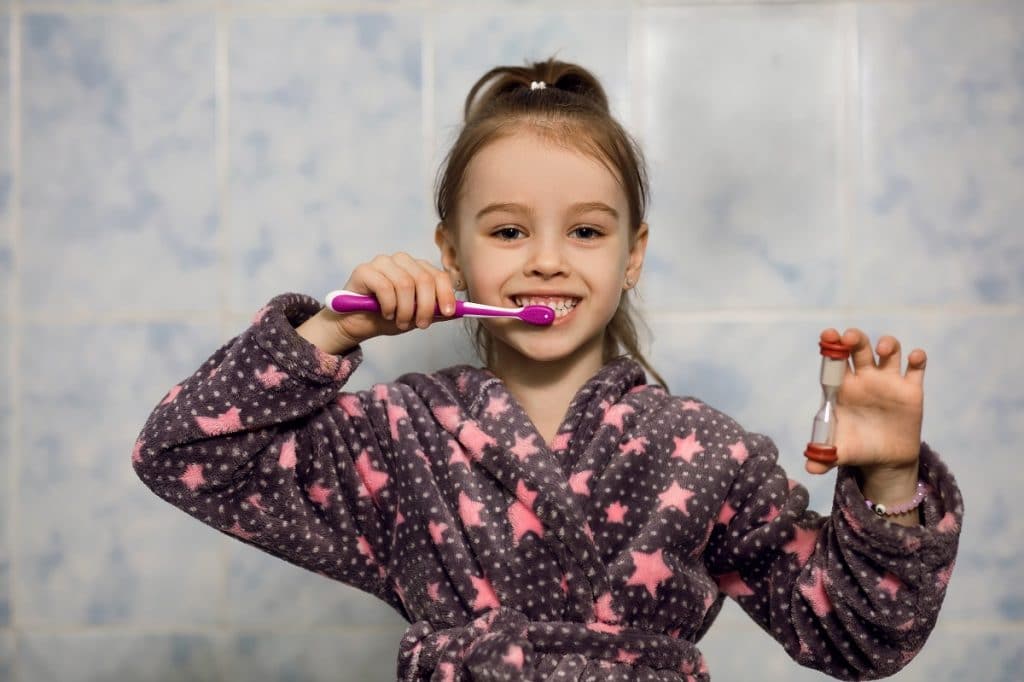
3. Stick To A Routine
Another way to teach your child to brush their teeth is to establish a routine and stick with it. While it can be tempting to skip a single session after a long tiring day or even when a regular schedule gets interrupted, it’s important to pay attention to your kid’s toothbrushing routine. This is to ensure that they remember what you taught them about taking care of their teeth.
Remember, when you can’t keep up with your kid’s toothbrushing routine on a regular basis, they’ll start thinking that brushing their teeth isn’t important, putting all your teaching efforts into waste.
4. Turn Toothbrushing Into Game
Teaching your child to brush their teeth can boring and unappealing to them. Thus, to make this oral hygiene habit more exciting, turning it into a fun game can be an excellent idea as it’ll ensure that your kid will meet the required two-minute brushing time.
The following are some creative games to consider:
- Play their favorite song: Pick your child’s favorite song when they start brushing their teeth. Play it for two minutes to keep them entertained throughout the toothbrushing session.
- Set a timer: Another creative way of teaching your kid to brush their teeth is by setting a timer. You can do this by having a timer with colorful sand, challenging them to keep brushing their teeth until the sand has set foot on the bottom.
- Provide rewards: Encourage your child to brush their teeth and make them wait for two minutes in exchange for a reward afterward. Be sure to praise them for finishing a good toothbrushing session.
Bottom Line
Indeed, teaching your kid to properly brush their teeth can be a tough job for a parent like you. In fact, you may have big questions about your kid’s oral hygiene that needs to be answered. But with the tips and tricks mentioned above in mind, you can make them learn the best toothbrushing session you can ever teach them.
Remember, the more you teach your child proper oral hygiene, the more you can protect their teeth and overall oral health in the long run.

